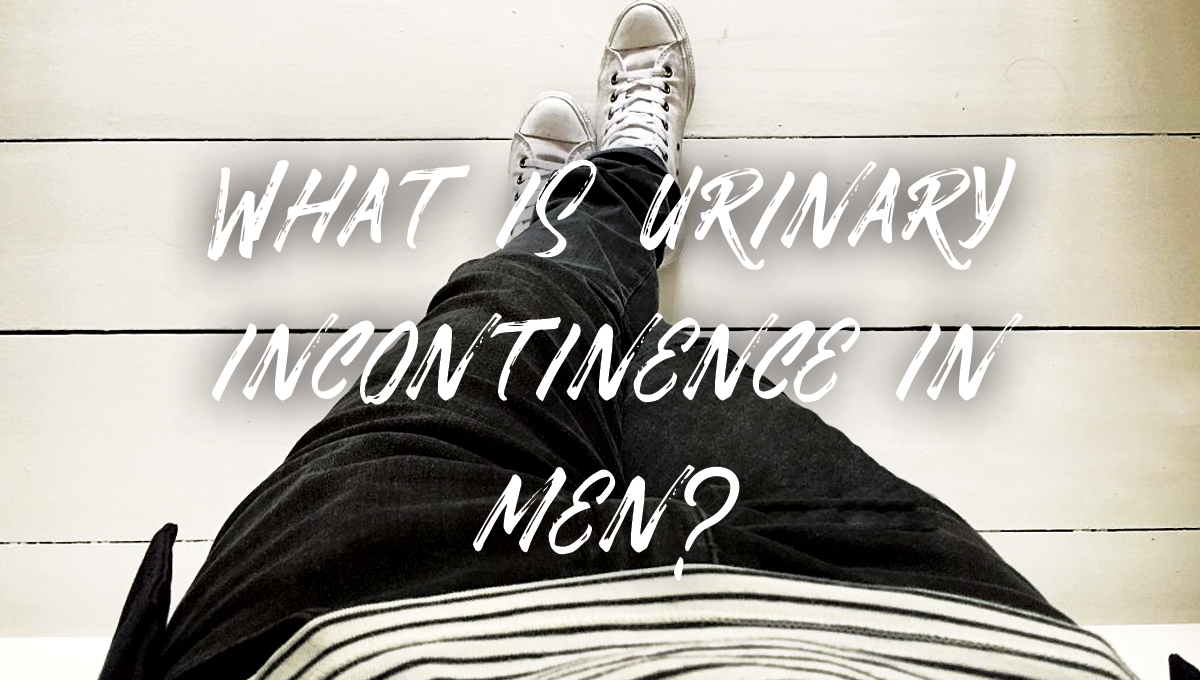What Is Urinary Incontinence?
Many women have a silent concern due to urinary incontinence. It somehow seems taboo to talk about the problem, even with a regular doctor or gynecologist. There are approximately 25 million Americans who suffer from some type of urinary incontinence and as many as 80 percent of them are women. Pregnancy, giving birth, going through menopause and even the unique structure of the female urinary anatomy contribute to the disparity between male and female sufferers.
Urinary incontinence is defined as the unintentional loss or leakage of urine. The term “stress incontinence” means that when the body is under exertion it puts pressure on your bladder and the bladder leaks. Some triggers for stress incontinence include running, coughing, sneezing, bending or heavy lifting.
Bladder Retraining
The bladder is controlled by muscles and it can be trained. You may wish to keep a voiding diary, noting things like times of urination, duration between bathroom trips, types of food or beverages that seem to trigger urgency or frequency of bathroom trips. This journal describing your symptoms and potential causes can help if you need to visit a urologist for treatment.
As you establish baselines for your urinary problem, you can start behavior modification and training your bladder. Here’s how to do it:
- Schedule Your Bathroom Breaks
Start by scheduling bathroom visits. Increase the time periods between those breaks by adding 15-minute increments. Visit the bathroom even if you don’t feel you need to go. You will be working toward longer and longer stretches of time between breaks.
- Perform Kegel Exercises
When you learn to isolate the muscles that control urine flow, you can practice having more control by performing Kegel exercises while sitting, standing or during urination.
Other Tips to Prevent Overactive Bladder:
- In addition to bladder retraining, you may want to eliminate or limit beverages that increase the need for urinating, like coffee, tea or caffeinated sodas.
- Drink fewer fluids before bedtime.
Treating Overactive Bladder With Behavioral Modifications
You needn’t feel alone when you have urinary incontinence. Make an appointment with a urologist who is trained to deal with your condition. Your doctor may take any of the following approaches beyond what you can do on your own:
- Recommend biofeedback,
- Send urine or drawn blood to the lab to determine how completely you empty your bladder.
- Prescribe medicine to address bladder function or tighten muscles.
- Employ a medical device, such as a urethral insert or a pessary.
- Try nerve stimulation, using a mild electric current to nerves in the bladder that help control urination.
- Suggest surgery if indicated.
If you have stress incontinence, you may be limiting yourself from fully participating in life events. Seek treatment from experts like those at St Pete Urology, where surgeons perform hundreds of successful sling surgery procedures every year. For more information, visit the St Pete Urology website.


 There is no single treatment for urinary incontinence that works for all men. The treatment that your urologist recommends will depend on the type of urinary incontinence you are having and the severity of the symptoms on your life. At St Pete Urology in St Petersburg, Fl, urologists may even consider your lifestyle and your treatment preferences, beginning with the simpler treatment options before going for the complex ones.
There is no single treatment for urinary incontinence that works for all men. The treatment that your urologist recommends will depend on the type of urinary incontinence you are having and the severity of the symptoms on your life. At St Pete Urology in St Petersburg, Fl, urologists may even consider your lifestyle and your treatment preferences, beginning with the simpler treatment options before going for the complex ones.